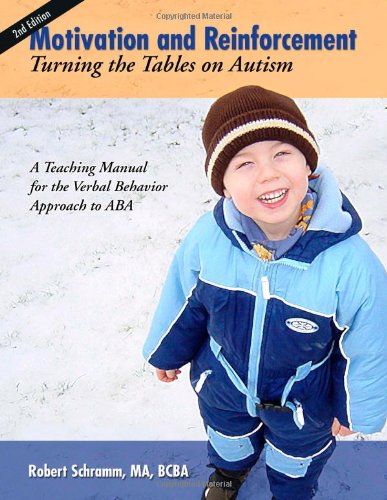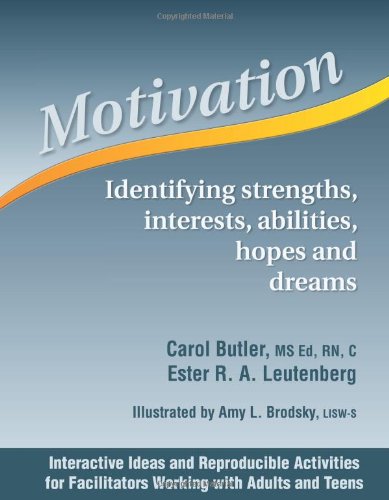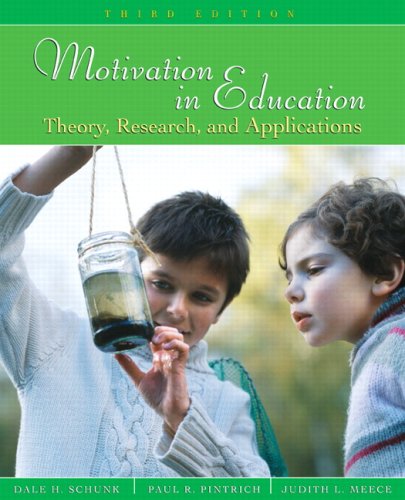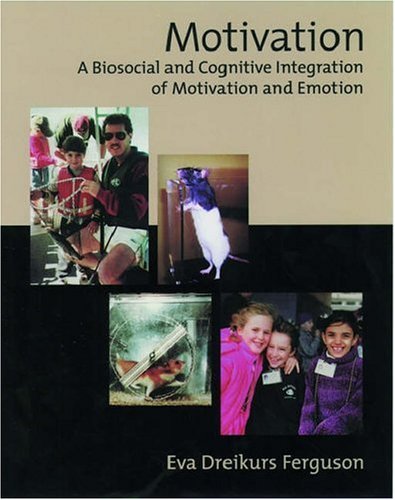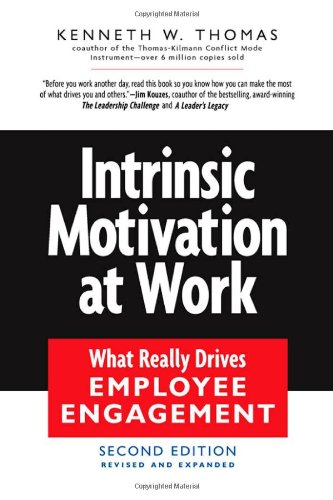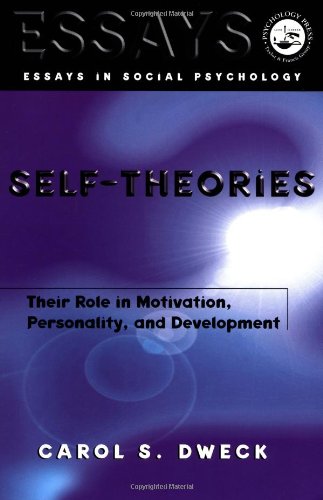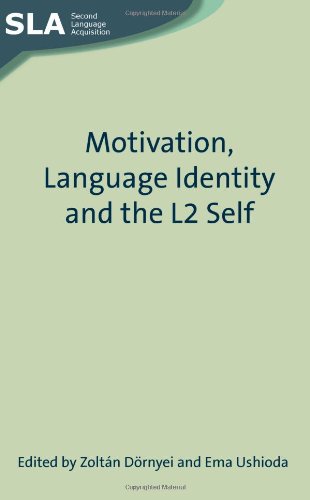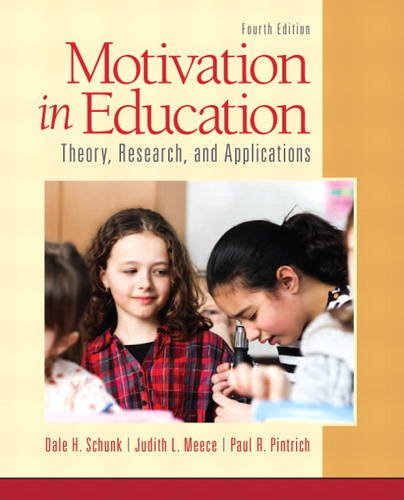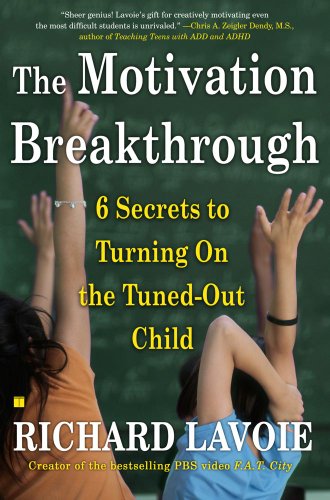
Any child can be motivated to learn.
“If he only would apply himself…”
“She can do it if she puts her mind to it.”
“He just doesn’t seem to care.”
“She’s just not trying.”
Motivation is the key to learning. But very few parents and teachers have an effective arsenal of techniques at their disposal. Enter educator and acclaimed author Rick Lavoie, who arms all those who deal with children with proven, effective tools and strategies they can use to encourage any child to learn and achieve success.
Lavoie’s practical, innovative approach begins with a quiz that helps a parent or teacher identify — using six different possible models — a child’s motivational style.
Is she motivated by power?
Does he need prestige?
Does praise mean a lot to this child?
Does contact with other people inspire this child?
Does he like to do projects?
Does she enjoy receiving prizes?
He then explores each motivational style in depth, presenting proven techniques, strategies, and scripts that can be used in the classroom and at home to break through a child’s apathy and discouragement and inspire him to succeed and achieve.
Along the way, Lavoie explodes some common myths about motivation: for instance, he demonstrates that rewards, punishment, and competition are not effective motivational tools. He gives specific advice throughout for parents and teachers of children with learning disabilities and provides detailed instructions for how to create a motivated classroom. He outlines the parent’s role, the teacher’s role, and suggests ways in which they can work together to encourage children to reach their potential. The book’s final chapter, “What Does Madison Avenue Know…That Maple Street Elementary School Doesn’t,” reveals what parents and teachers can learn from some of the most powerful motivators in our children’s world: advertisers.
With empathy and understanding, backed by decades of experience in the classroom, Rick Lavoie gives parents and teachers the key to unlock any child’s enthusiasm and responsiveness. The Motivation Breakthrough will revolutionize the way parents, teachers, and professionals reach out to and motivate all children.
Any child can be motivated to learn.
“If he only would apply himself…”
“She can do it if she puts her mind to it.”
“He just doesn’t seem to care.”
“She’s just not trying.”
Motivation is the key to learning. But very few parents and teachers have an effective arsenal of techniques at their disposal. Enter educator and acclaimed author Rick Lavoie, who arms all those who deal with children with proven, effective tools and strategies they can use to encourage any child to learn and achieve success.
Lavoie’s practical, innovative approach begins with a quiz that helps a parent or teacher identify — using six different possible models — a child’s motivational style.
Is she motivated by power?
Does he need prestige?
Does praise mean a lot to this child?
Does contact with other people inspire this child?
Does he like to do projects?
Does she enjoy receiving prizes?
He then explores each motivational style in depth, presenting proven techniques, strategies, and scripts that can be used in the classroom and at home to break through a child’s apathy and discouragement and inspire him to succeed and achieve.
Along the way, Lavoie explodes some common myths about motivation: for instance, he demonstrates that rewards, punishment, and competition are not effective motivational tools. He gives specific advice throughout for parents and teachers of children with learning disabilities and provides detailed instructions for how to create a motivated classroom. He outlines the parent’s role, the teacher’s role, and suggests ways in which they can work together to encourage children to reach their potential. The book’s final chapter, “What Does Madison Avenue Know…That Maple Street Elementary School Doesn’t,” reveals what parents and teachers can learn from some of the most powerful motivators in our children’s world: advertisers.
With empathy and understanding, backed by decades of experience in the classroom, Rick Lavoie gives parents and teachers the key to unlock any child’s enthusiasm and responsiveness. The Motivation Breakthrough will revolutionize the way parents, teachers, and professionals reach out to and motivate all children.
